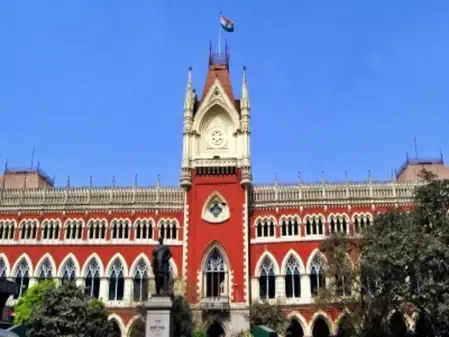What is Driving the Uprising in PoK Against Islamabad?

Synopsis
Key Takeaways
- Protests in PoK reflect deep-seated grievances against Islamabad.
- Corruption exploits local resources without benefiting the communities.
- The Pakistan Army faces mounting challenges in Balochistan and PoK.
- Authorities are utilizing severe measures to suppress dissent.
- Protesters demand accountability and improved living conditions.
New Delhi, Sep 29 (NationPress) The Pakistan Army is encountering a significant crisis in Balochistan due to a substantial uprising among the local population. For an extended period, Pakistan has successfully crafted the narrative that all is well within its borders. However, the Balochistan situation has unveiled the reality of Pakistan's facade, showcasing the military's vulnerability as it grapples with immense losses inflicted by its own citizens.
As Balochistan becomes a critical flashpoint, the government of Pakistan is bracing for another potential uprising in Pakistan-occupied Kashmir (PoK). Thousands of citizens are expressing their grievances, alleging they have been unfairly denied essential development opportunities.
In anticipation of widespread unrest, the Pakistani administration has enforced an indefinite lockdown in PoK. The Jammu Kashmir Awami Action Committee is spearheading the demonstrations. To suppress these protests and prevent information dissemination, the government has cut off both internet and mobile services in PoK. The protests primarily center around the denial of basic rights to the inhabitants of PoK.
The demonstrators are calling for the elimination of benefits granted to the ruling elites and royalty concerning the hydropower projects in the region. Officials from India report that many residents of PoK feel they are being treated similarly to those in Balochistan. The Pakistani government has gained notoriety for exploiting the region's natural resources while failing to share the benefits with its people. A deep-seated culture of corruption prevails, whereby the resources of these areas ultimately enrich high-ranking government officials and the Pakistan Army.
Currently, PoK is witnessing significant protests, but due to an information blockade, the true extent of the situation remains obscured. Moreover, the Pakistan Army is responding to the protests with brutal crackdowns. Several prominent protest leaders have been apprehended, and an estimated 2,000 personnel from the Pakistani military have been deployed to stabilize the situation.
Leading up to these protests, numerous discussions took place between PoK representatives and the Pakistani government. Protesters assert that their demands have not been met. They are calling for a revision of the hydropower agreements and immediate subsidies for flour in light of rising inflation.
Islamabad has repeatedly assured the people of PoK that their demands will be addressed, yet it has consistently failed to deliver on these promises. This has fueled considerable anger in the region, and demonstrators maintain that their agitation will continue indefinitely until their demands are satisfied.
Protesters argue that vast amounts of electricity are generated from hydropower projects such as the Mangla Dam and Neelum-Jhelum, yet these benefits do not reach the local population, who suffer from severe power shortages and economic stagnation.
Officials from Indian intelligence suggest that the manner in which the Pakistani establishment is behaving indicates an expectation of a prolonged struggle. There are no signs that Islamabad will yield to the demands, nor do the protesters appear willing to back down.
Pakistan is likely to face significant challenges in the future as it contends with its own populace on several fronts. The Pakistan Army has already sustained considerable losses in Balochistan, and the situation in PoK is deteriorating further.
Analysis suggests that Pakistan will not acquiesce and will likely resort to harsh measures to stifle the protests, potentially leading to widespread human rights violations.









